Wacky 'pets' are captivating Chinese youth for emotional healing
Keeping pets has become a source of emotional companionship for many. We've discussed some unusual pet choices, such as pet chickens. However, creative Chinese youth, seeking unconventional lifestyles, have come up with quirky ways to keep 'pets.' These alternatives provide emotional value without the time-consuming and attentive pet-caring routines.
Keeping Jellycat as pet
Launched in London in 1999, Jellycat was originally a children's stuffed toy but has now become a trending source of comfort for adults. With increasing social and life pressures, many young people are turning to keeping Jellycat toys as 'pets' for emotional support and companionship. Jellycat toys are not cheap, ranging from ¥129 ($17.80) to ¥7,999 ($1,104.60) each. Their popularity in China can be credited to their branding as 'safe and soft adult toys,' collaborations with influencers and celebrities to increase exposure, and social media marketing. The core reason to justify their high price is to 'provide' emotional healing for young people, sparing them the intricacy and expenditure of keeping a real pet.
Jellycat's stuffed toys sold on Tmall flaship store with high price ranging from ¥129 ($17.80) to ¥7,999 ($1,104.60) each. Images: Jellycat Tmall flagship store.
Many young people treat Jellycat dolls as their own children or besties, dressing them up, making them ID cards, taking them on trips, and eagerly sharing their 'parenting' experiences on social media. Since the topic #Jellycat was launched on Xiaohongshu in 2019, as of April 30, 2024, there have been 900,000 related posts and an astonishing 780 million views.
From the very beginning, Jellycat's eggplant went viral as a social meme. Young people use this eggplant image to create emoji packs to poke fun at their 'go crazing' mental state in the workplace and daily life. Images: @艾嘛嘿儿 @柠檬丸子糖 on Xiaohongshu
Young people dress their Jellycats up, treat them as dining friends and travelling buddies. @伊丸yiyiwang @smiley_cat @書書妲己 on Xiaohongshu
ID cards for collected Jellycat toys. Images: @榛果小松鼠 @杂杂杂
In early 2022, Jellycat's sales on Tmall surpassed ¥100 million ($13.8 million), a 70% year-on-year increase, making it the best-selling plush toy brand on the platform. Popular Jellycat toys like the Barcelona Bear, Bonnie Bunny, and Eggplant are frequently out of stock in official flagship stores on Tmall and JD.com. This scarcity has resulted in a rise in counterfeit and overpriced items on second-hand trading platforms, making it challenging for consumers to differentiate between genuine and fake products. Some people even view Jellycat as an investment opportunity, collecting them and reselling them for a higher price on second-hand platforms like Goofish(闲鱼).
The average transaction price of Jellycat toys in the past seven days on China's biggest second-hand trading platform was ¥125 ($17.20), with a transaction volume of over 1,000. Images: Goofish
Pet stones
A trend among young people to treat stones as pets has taken off! There are over 30,000 posts under hashtag#pet stones with views exceeding 2.03 million and over 3,000 related products on on Xiaohongshu. Young people share their pet stone experiences, introduce their own cute pet stones, and even seek to buy accessories like stickers, stone beds, and hats. This trend has also sparked activities of going to the outskirts, parks, and flower beds to find 'eye-catching' stones.
Pet stones products sold on Xiaohongshu. Images: Xiaohongshu
Young people actively share their experiences of keeping pet stones. Images: @LinLin @成知 @认真生活的楠崽 on Xiaohongshu
Keeping stones is not something brand-new. Stone appreciation has a long history in China, dating back over 3,000 years, with many historical figures known for their love of collecting and admiring stones. Today, this trend has reemerged among young Chinese, but with a lower barrier to entry. They can easily pick up a stone they like in parks or flower beds along their commute and start their 'pet adoption' journey. Keeping stones is much simpler compared to raising real pets. Owners of pet stones may not seek the interaction and feedback that comes with pets; instead, they find joy in the simple act of placement. Pet stones have also become a new form of 'social currency', connecting like-minded people. Online sharing and communication serve as an escape for urban young people from the hustle and bustle, providing the emotional value they seek.
Pet mango seeds
The fluffy and smooth texture of a mango seed has attracted many people to play with it, sparking creativity in many. Instead of discarding them, people have found unique ways to repurpose these seeds. Some turn them into adorable 'little hamsters' by adding eyes and ears. Others transform them into stylish hair accessories by dyeing them pink and attaching hair clips. Online tutorials are abound with creative ideas for caring for mango seeds, making them more than just leftovers from a delicious fruit. Topic #ShareYourPetMangoSeeds officially supported by Xiaohongshu has 24 million views.
'Little hamsters’ and hair accessories transformed from mango seeds. Images: @似是而非的日子 @wmn1314 on Xiaohongshu
A tutorial to keep a pet mango seed. Here are the four steps: 1. Rinse to remove excess fruit flesh. 2. Scrub with a toothbrush until no yellow flesh remains. 3. Dry with a hairdryer, brushing to prevent sticking. 4. Sun-dry, flipping to prevent mold. Image: shared by @手工薯 on Xiaohongshu
Creative mango DIY works. Images: shared by @手工薯 on Xiaohongshu
For many young people, keeping mango seeds is not just out of curiosity; it's a way to unwind and relieve stress. Taking a break from work or study to play with the soft, furry seed can help relax the body and mind. For cat lovers allergic to cat hair, mango seeds offer a quirky alternative. One netizen remarked, "With pets, you have to feed them and clean up after them, but with mango seeds, you don't have to. You can just stroke them, groom their 'fur,' providing emotional comfort without the need for feedback, offering a quiet companionship."
Wrapping up
Which one is your favourite 'pet'? Jellycats sooth the minds of weary young people by evoking memories of doll-keeping from childhood. Keeping pet stones and pet mango seeds relaxes their body and mind, mainly through DIY activities, allowing them to enjoy the simple pleasure of admiring their own little creations. To engage with young people emotionally, bands could build brand preference by incorporating childhood nostalgia and DIY creation into their marketing activities. For those adults who still carry a bit of their inner child, I bet they have once fantasized about their bestie or buddy 'Teddy Bear' coming to life.









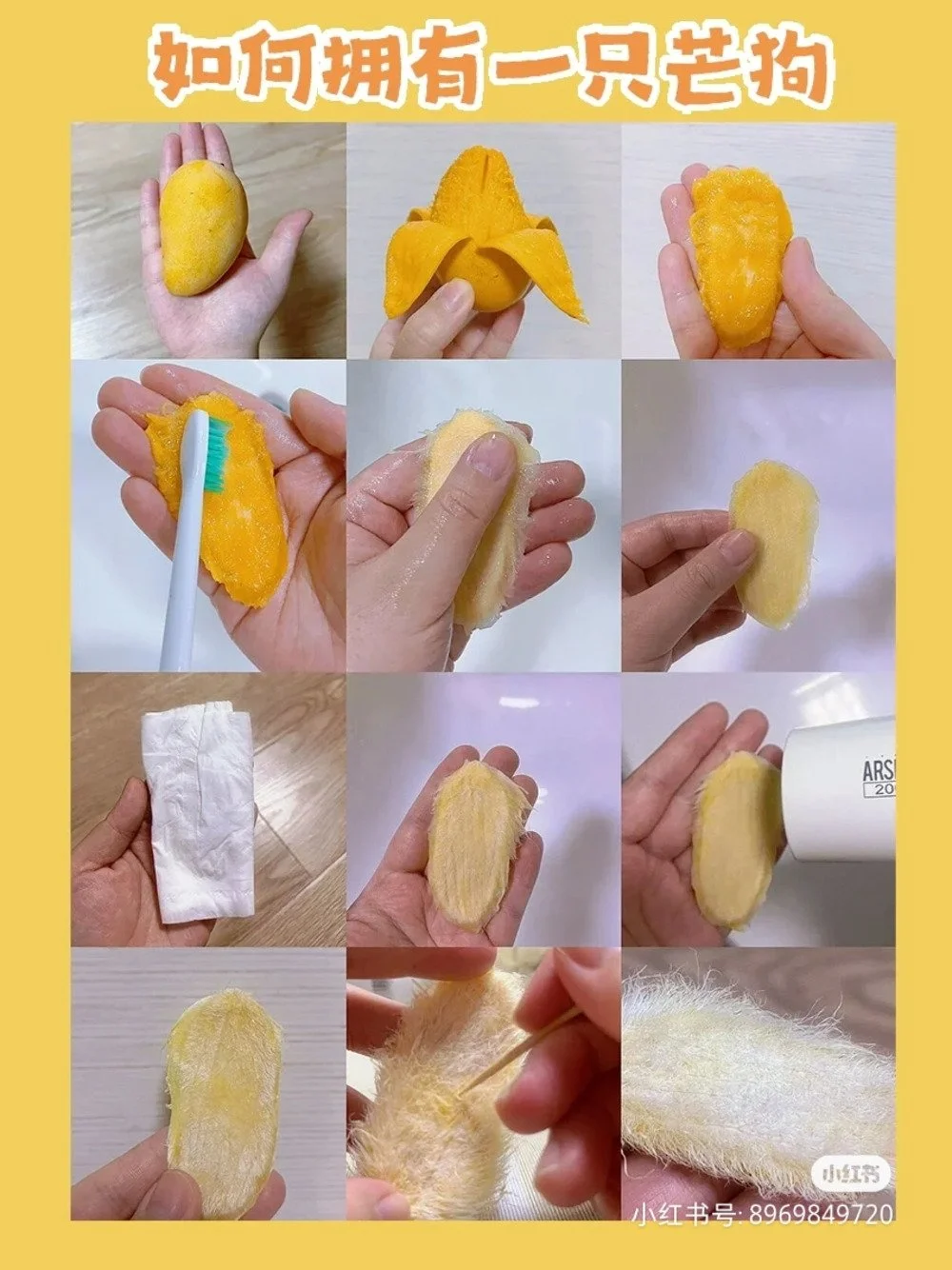




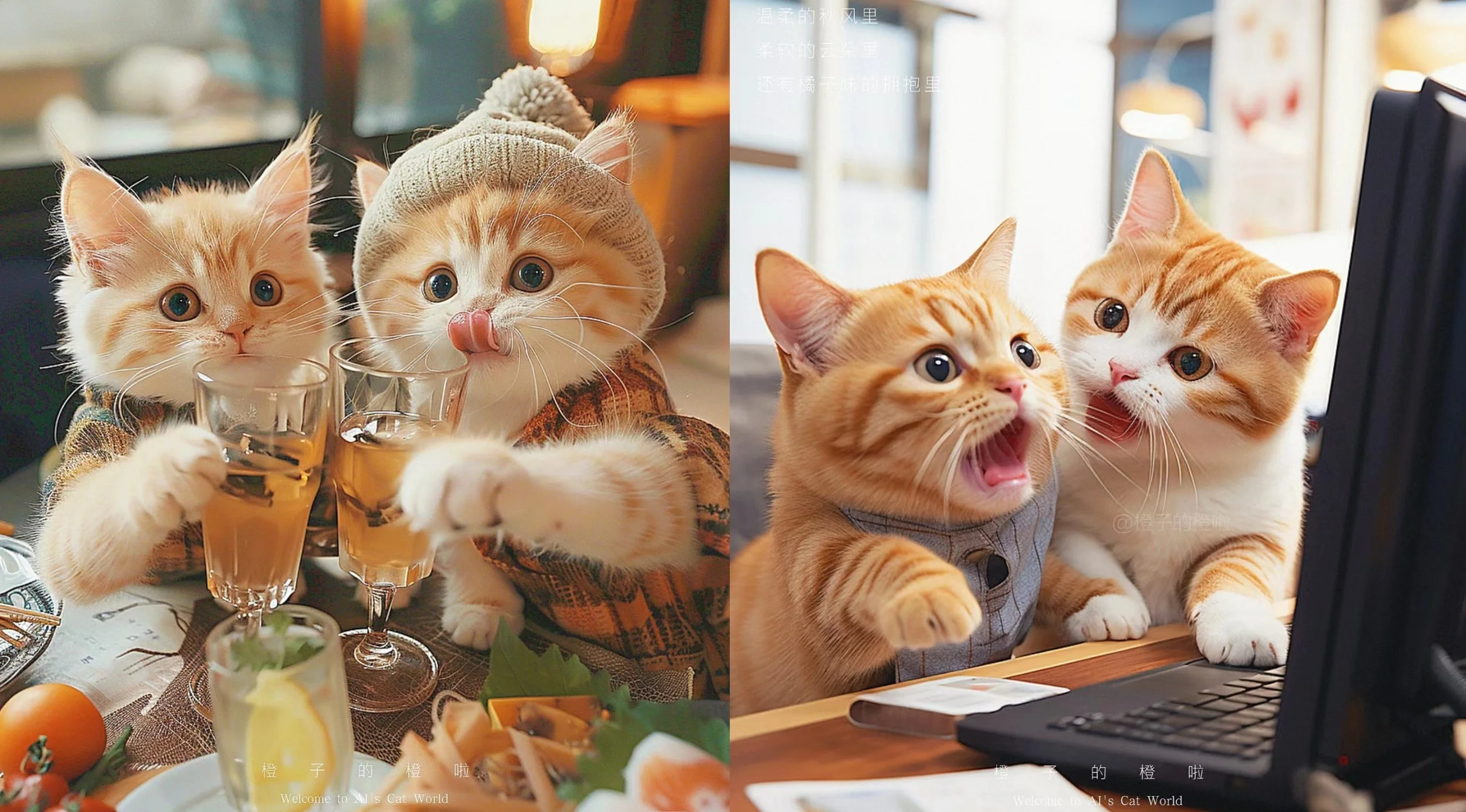

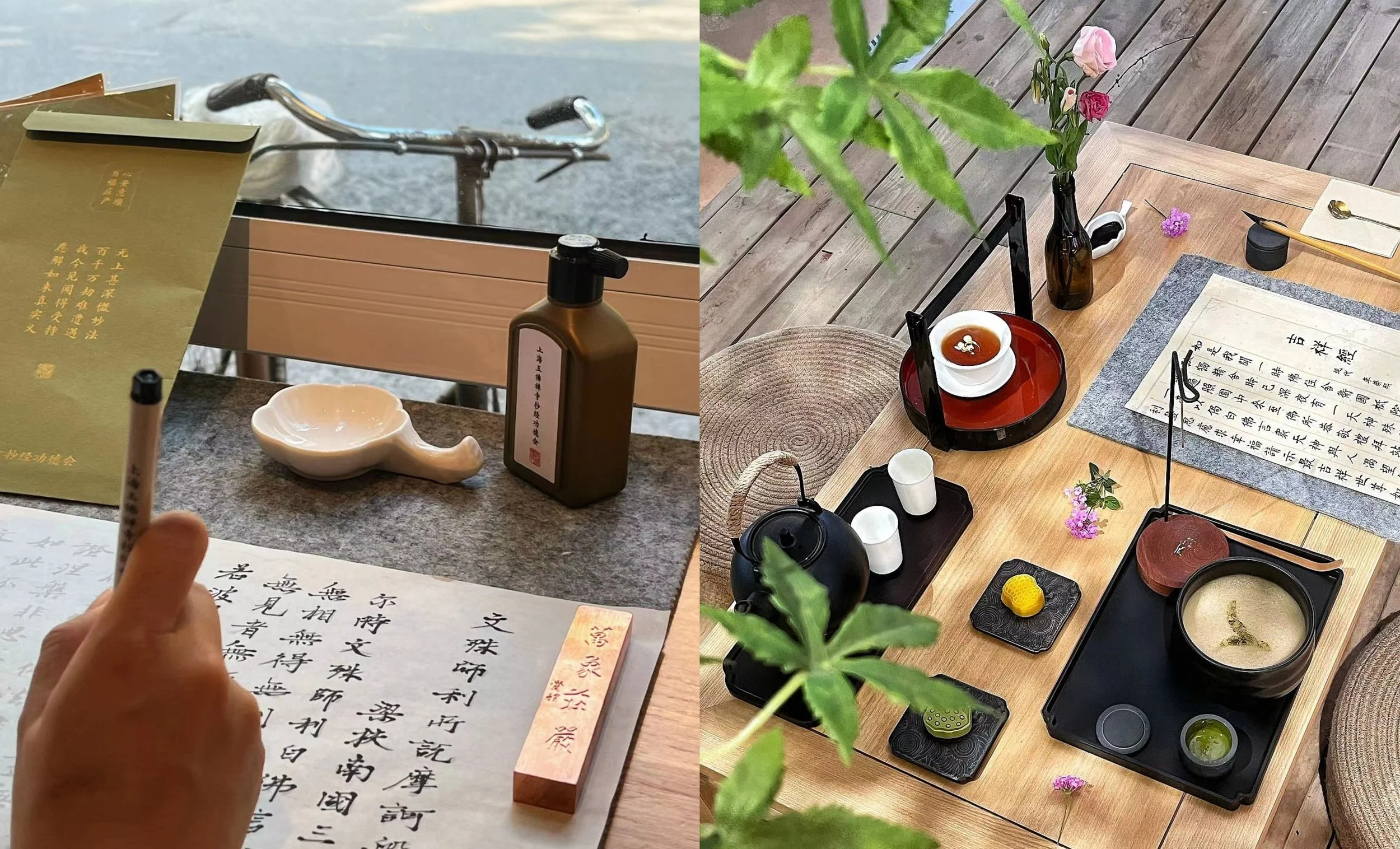
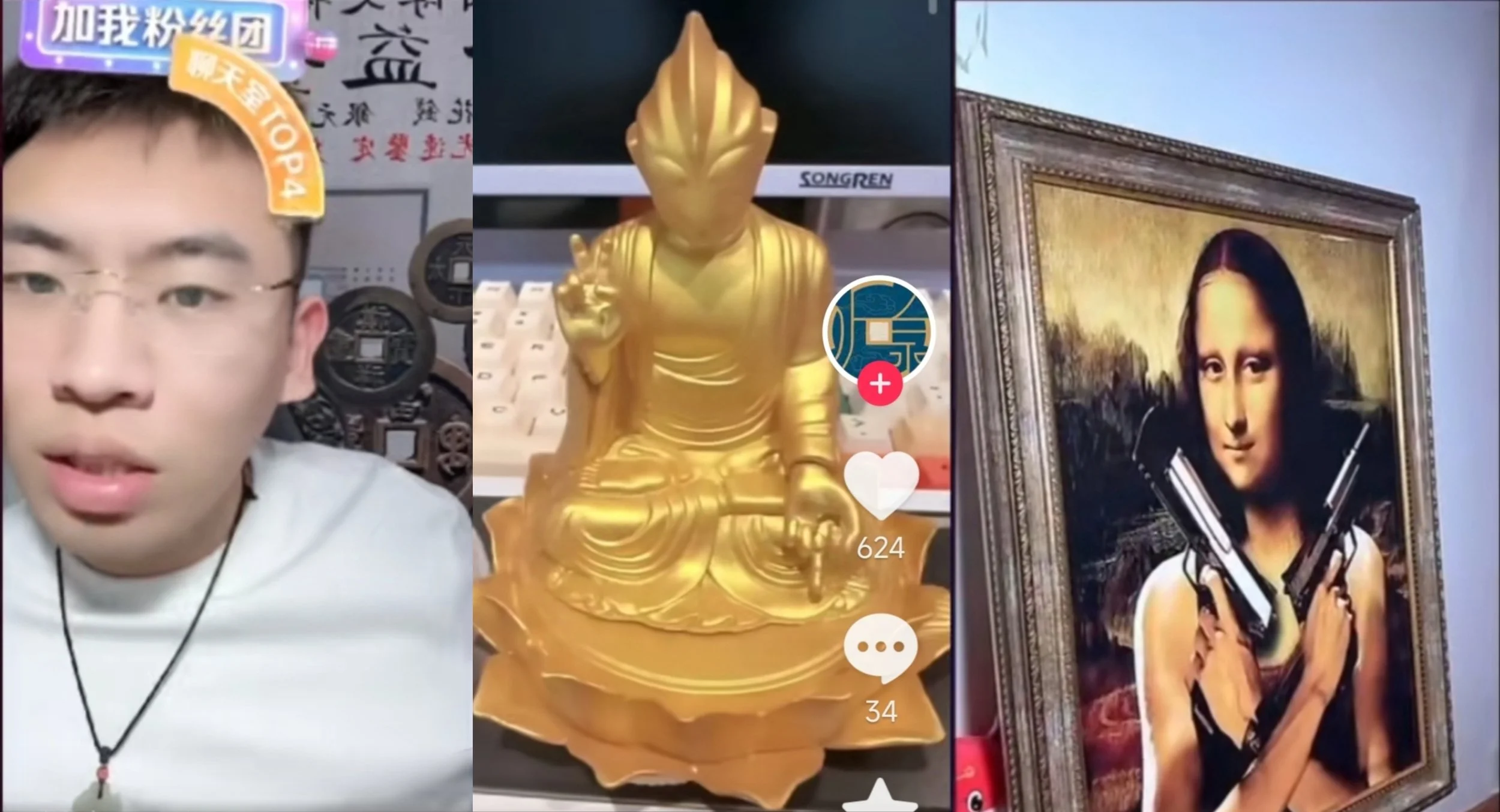






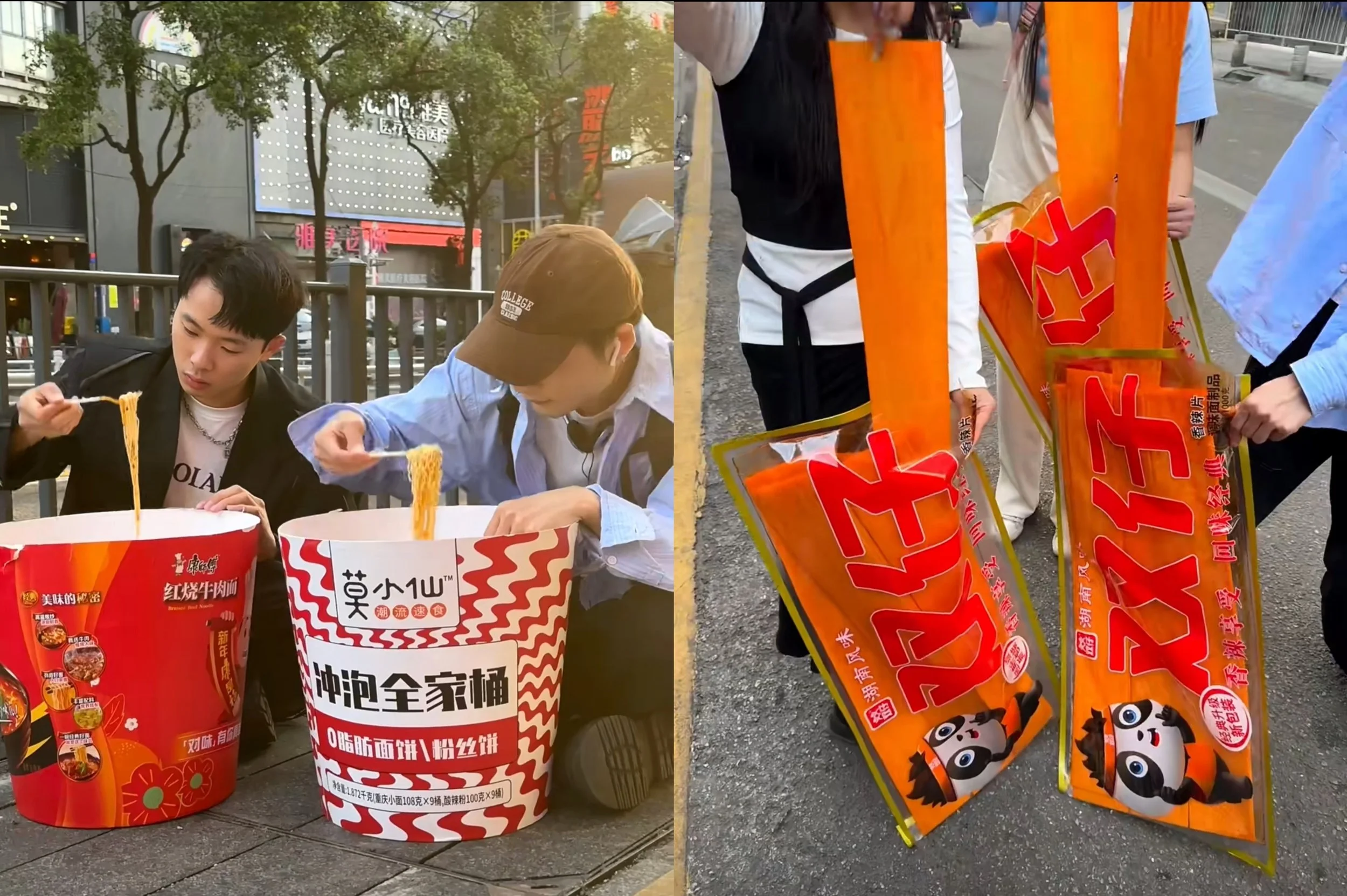
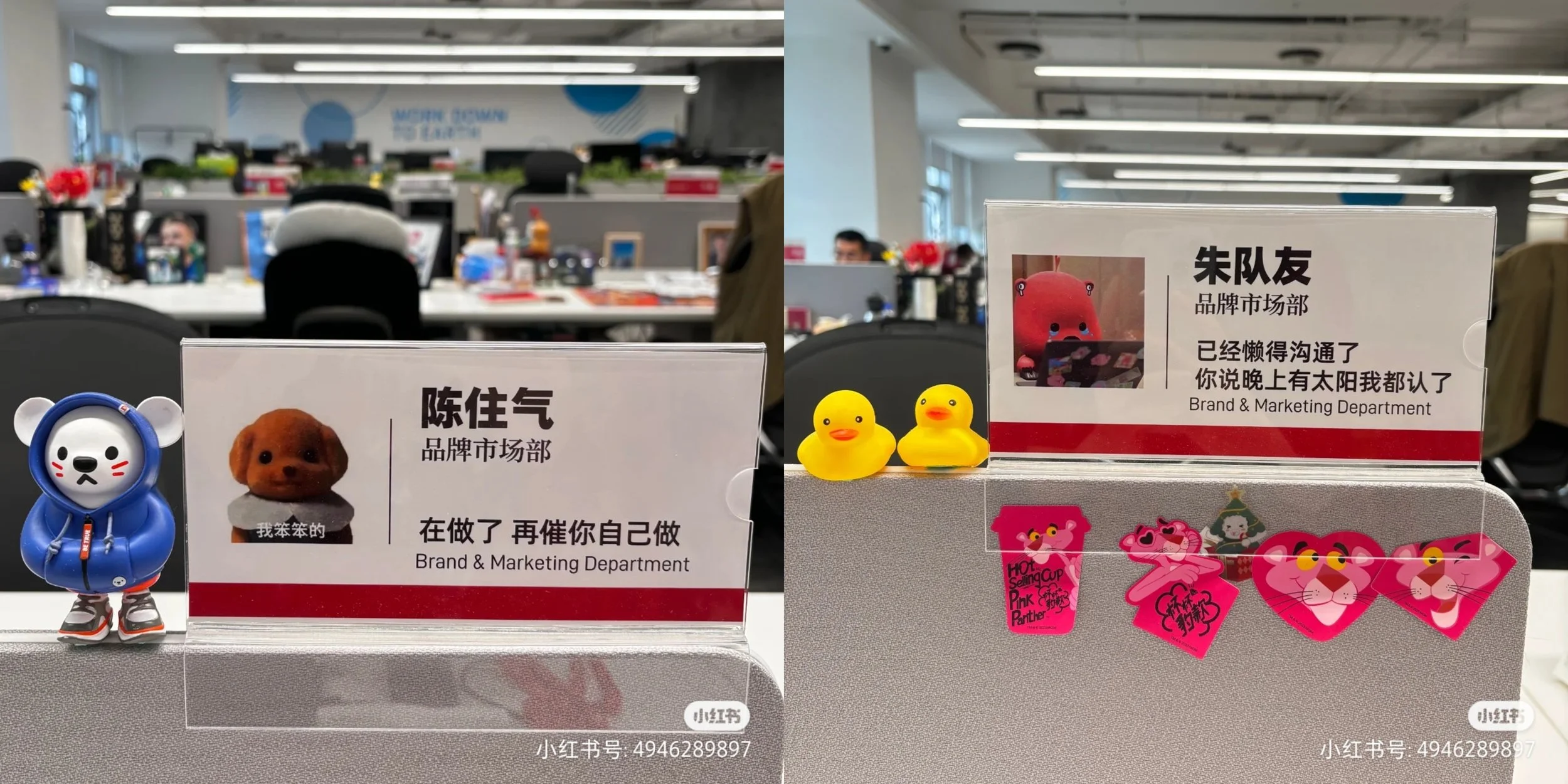














U.S. studios' share of box office continues to shrink, which may contribute to nationalism in both China and the West